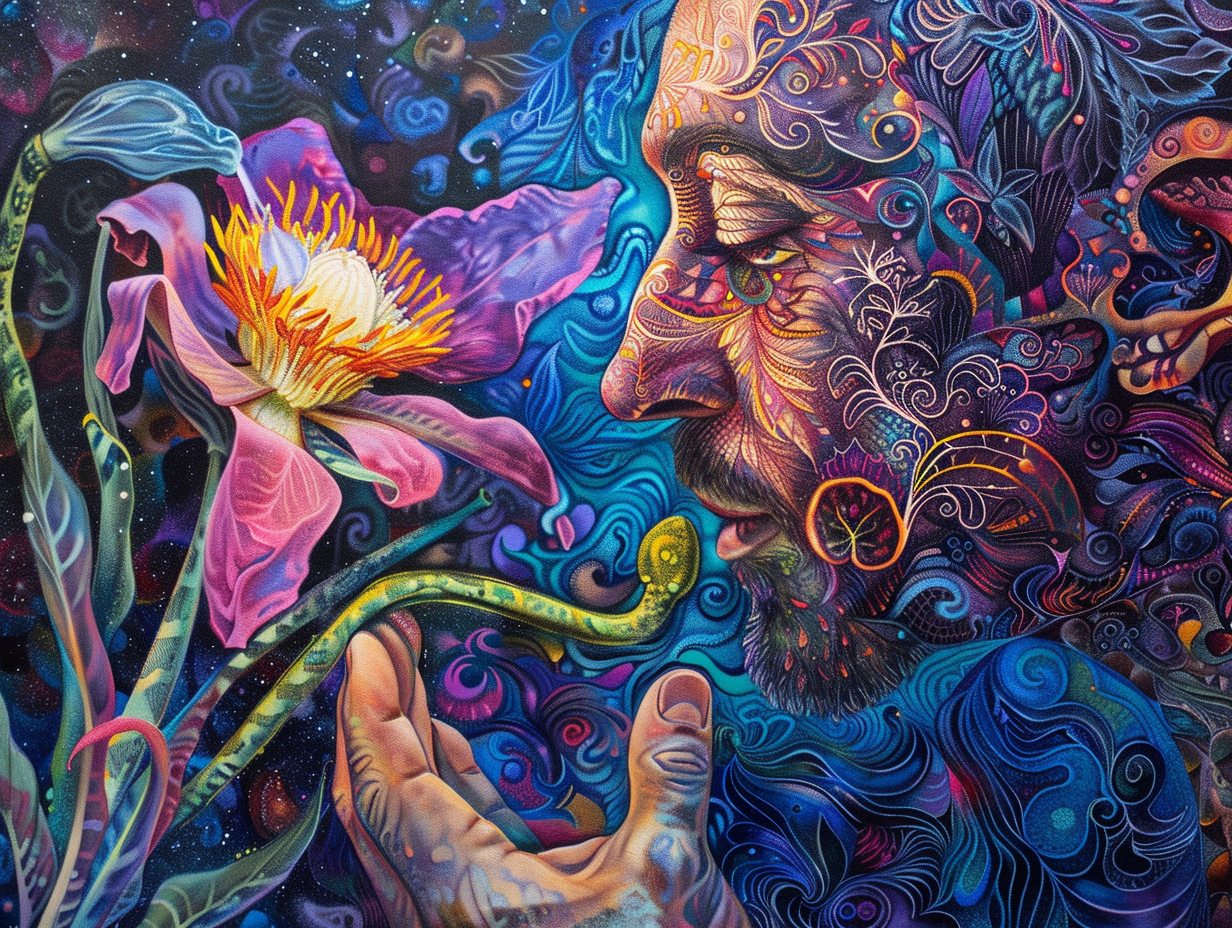Understanding Anxiety: Genetic Influences & Early Life (Part 2 of 5)

Nature vs. Nurture: Are We Born Anxious?
Some people seem naturally more anxious than others. While genetics can predispose someone to anxiety, research suggests they don’t dictate the outcome—experience and environment play just as powerful a role.
Trauma’s Genetic Imprint
One fascinating area of study is epigenetics, which explores how life events shape genetic expression. Studies on Holocaust survivors' descendants show that trauma can leave an imprint on future generations, increasing stress sensitivity. But just as stress can activate genes linked to anxiety, healing practices can turn down those same genetic responses.
The Impact of Childhood & Attachment
Attachment theory suggests that the way caregivers respond to a child’s needs teaches the nervous system how to regulate stress. A child who experiences safety and attunement learns to navigate emotions with confidence, while one exposed to neglect, inconsistency, or unpredictability may develop a nervous system wired for hypervigilance.
Why Some Nervous Systems Are More Sensitive
The polyvagal theory helps explain why some people are naturally more prone to anxiety. The vagus nerve, which connects the brain to major organs, plays a key role in regulating emotions. When well-functioning, it signals safety, allowing the body to relax. But for those with a sensitive or dysregulated nervous system, this calming signal is weaker, making it harder to shift out of a state of tension.
Anxiety isn’t something we simply inherit—it’s shaped by a mix of biology, experience, and environment. The good news? While we may be wired a certain way, we also have the power to rewire how we respond to stress. In Part 3, we’ll explore the science-backed strategies that help regulate anxiety.
Related Resources
Explore insights and practical guidance for your personal journey.




